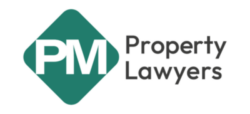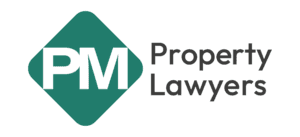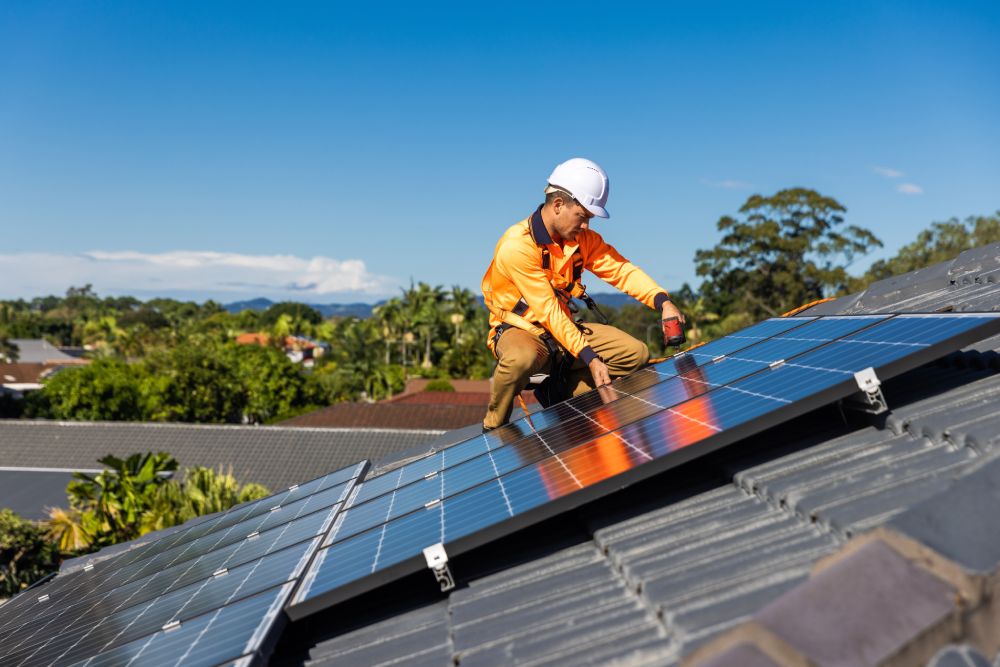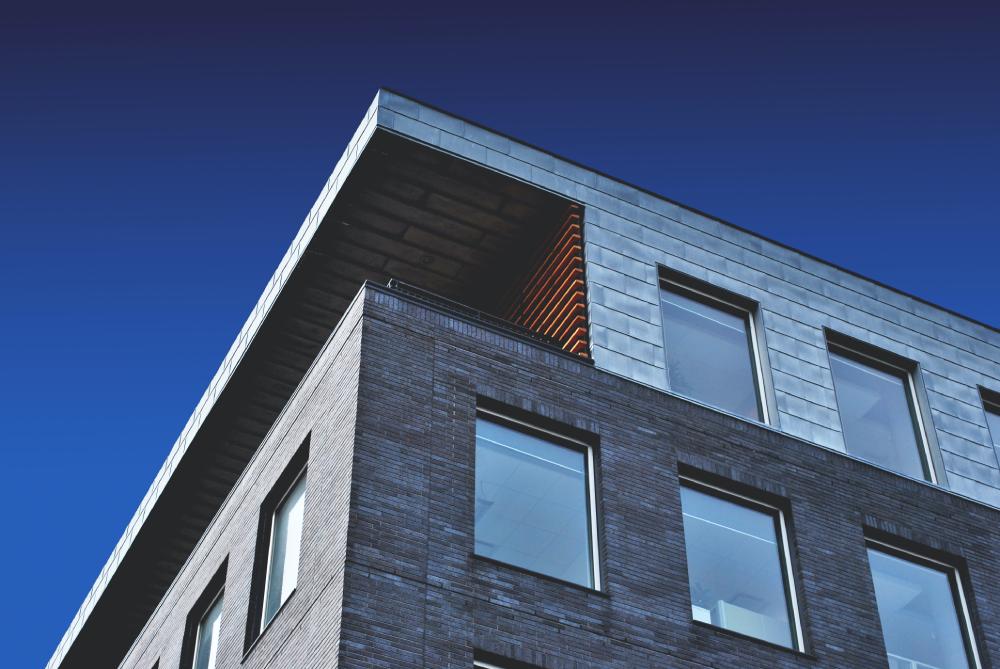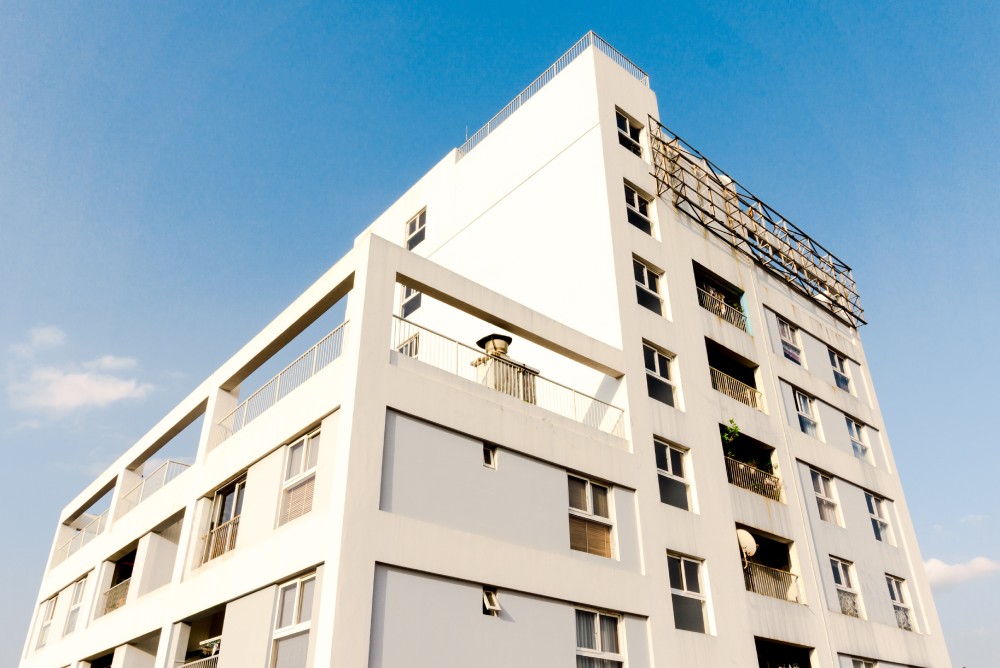Solar panels have many benefits for homeowners, in particular, cheap or free electricity. But when you’re selling a house with solar panels you could find there are some complications.
Pros And Cons of Solar Panels
When selling a house with solar panels, there are some aspects which are likely to appeal to potential buyers:
- Improved EPC rating – solar panels will generally have a positive impact on the EPC (Energy Performance Certificate) rating of your property. A good EPC can make your home more sellable.
- Lower electricity bills – buyers will appreciate the prospect of cheap or free electricity.
- Reduced environmental impact – a lower carbon footprint can be attractive for buyers.
In addition, if you were receiving FIT payments (Feed In Tariff – payments to homeowners for generating green energy for the grid) these will usually be transferred to the new owner of the property.
However, buyers may have concerns about the impact of solar panels on the roof structure. In particular, they may want to know what happens if the roof requires repairs. They may also find it difficult to obtain a mortgage on a house with solar panels, particularly if the panels are leased rather than fully owned.
Selling a House With Leased Solar Panels
The majority of solar panels were fitted free of charge by solar power companies. The homeowner then leased them back to the installer, usually for a 25 year term. The installer then had the benefit of the FIT payments. This has led to some issues for buyers and sellers:
- As a large part of the roof is leased to the solar power company, not owned outright by the homeowner, some mortgage lenders will not offer a loan on the property.
- In some cases, the power company sold on the lease of the panels to an agent or investment company. Tracking down the company can lead to delays in the conveyancing process. They may also charge a substantial fee when you sell the house.
- Some leases stipulate that you cannot extend the property – or in some cases, even sell it – without the consent of the power company. There may also be a clause that means the homeowner has to pay compensation for lost revenue if the solar panels have to be temporarily removed for roof repairs.
- Many of the original solar power companies have ceased trading so it may prove difficult to find out who owns the panels.
Mortgage lenders will generally agree to a loan if the installer was properly accredited (with the Microgeneration Certification Scheme (MCS) and the installation is approved and insured. They will also want to look at the terms of the lease, particularly what happens if the property is repossessed. It may be possible to buy out the lease, but be aware that this is usually an expensive option.
What Should I do if I Don’t Know Who Installed my Solar Panels?
Ofgem maintains a register of all installations which have been accredited and registered with the FIT scheme. You should be able to find out from them who owns your panels as long as you can prove you are the property owner. More about the FIT scheme on the Ofgem website.
Selling a House With Fully Owned Solar Panels
If you own the solar panels outright, things are much less complicated. The issues outlined above will not apply, though your buyer will need to be willing to maintain the panels. Make sure that you have all documentation ready, such as the copy of the lease, planning and building regulations consent, and payment details, for example. This will help to prevent any delays in your sale.
Your solicitor will be able to advise you of any problems that may arise when selling your house with solar panels. We have helped to buy and sell many properties with solar panels and we’ll be happy to answer any questions. Speak to our team on 0114 249 6926 or email info@pmpl.co.uk.
